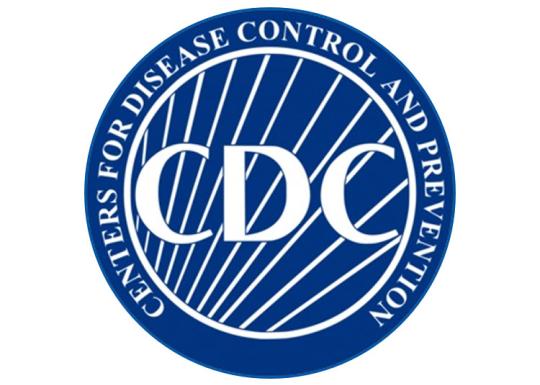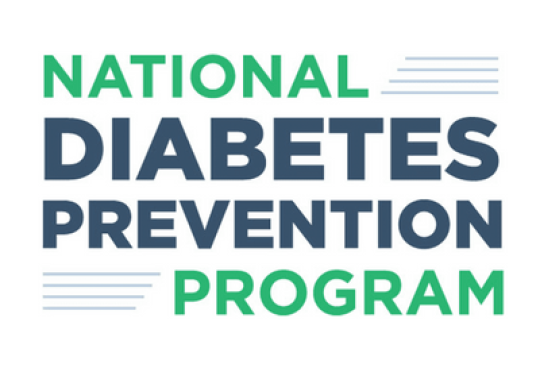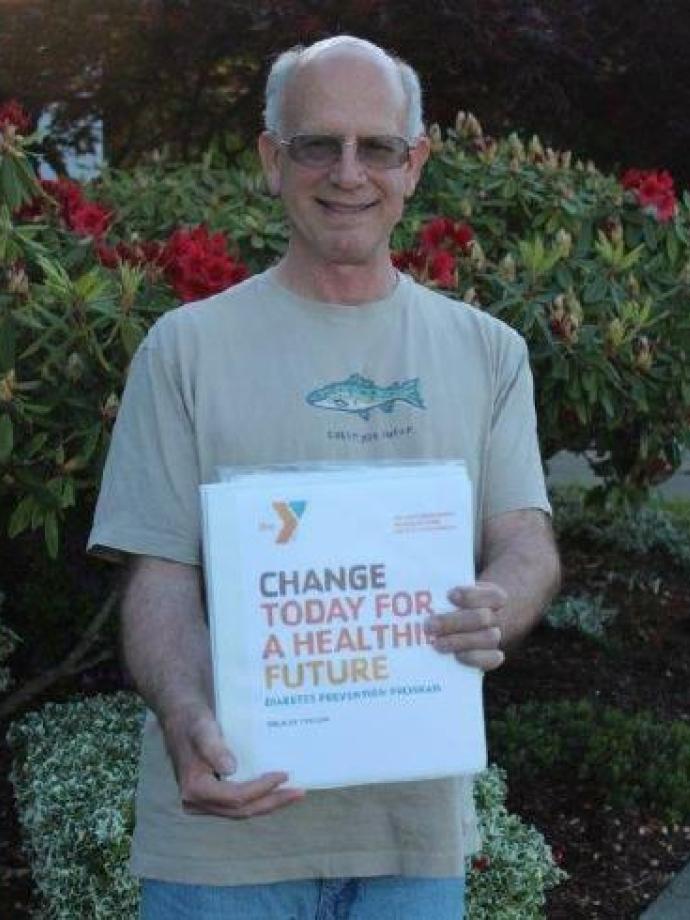176,094
Participants have attended the program as of 2021

Did you know 80% of people living with prediabetes don’t know that they have it?
Prevent T2 is the YMCA’s signature and supportive 12-month small group program where participants work together to learn about healthier eating and physical activity in order to reduce their risk for developing diabetes.

The YMCA Diabetes Prevention Program Prevent T2 is an evidence-based program designed to help if you're diagnosed with prediabetes and/or at risk for acquiring Type 2 Diabetes. Decreasing your risk of Type-2 diabetes is possible through weight loss, healthy eating, and physical activity.
In Prevent T2 the goal is for you to gradually and safely lose 7% (or more) of your body weight, track dietary intake, and be able to accomplish 150 minutes of moderate physical activity per week.
Prevent T2 is taught in a small group format over the course of a year through 26 sessions.
All sessions last 60 minutes and are led by a trained lifestyle coach who is invested in your success.
Participants have attended the program as of 2021
A1C points dropped by Prevent T2 participants
Average participant weight loss at the end of year
Months for participants to drop all blood pressure medication while in the program
Average minutes of weekly physical activity completed by participants
You’re not alone; 1 in 3 US adults are living with prediabetes. We can help! The YMCA’s Diabetes Prevention Program is for anyone who is at risk of developing type 2 diabetes and has been demonstrated to reduce the risk of diabetes for program participants by greater than 58%.
During the year-long program, our team works directly with you to take steps to improve your overall health and well-being.


The Centers for Disease Control and Prevention-led National Diabetes Prevention Program and is nationally supported by the Diabetes Prevention and Control Alliance.

By the time Fred discovered the Y, he had given up hope of ever regaining his health. He was fully aware of the gravity of his situation, having already suffered a heart attack and received a diagnosis of pre-diabetes. “My doctor diagnosed me as being obese, which is not nice to see on paper,” he recalls. Still, the vastness of his problem was exceeded only by his sense of powerlessness to change it.